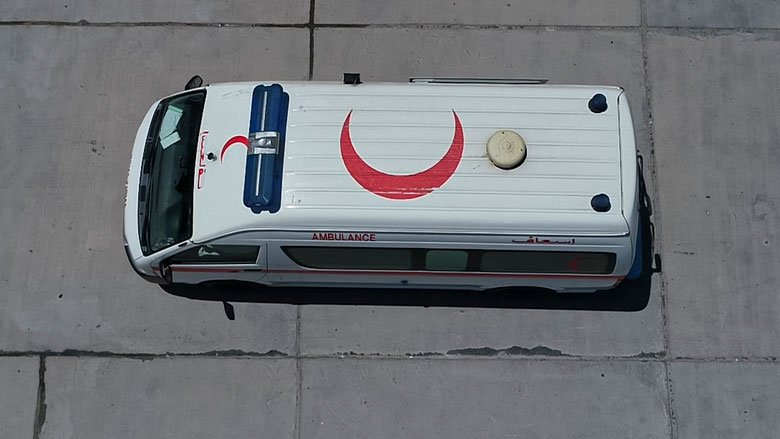Starting in August 2020, the World Bank collaborated with the World Food Programme (WFP) and implemented nine (9) rounds of the Iraq High Frequency Phone Survey (IHFPS) as part of the WFP’s monthly mVAM survey. For each round, more than 1,600 adult respondents from across Iraq (nationally representative) were interviewed using mobile phones. While the first six (6) rounds of the survey were implemented between August 2020 and January 2021, the last three rounds were conducted between June and August 2021.
This brief presents findings on Covid-19 vaccination disparities and hesitancy from the last three rounds of the IHFPS. Findings from the survey suggest a low but increasing vaccination trend among adult Iraqis but also high levels of resistance to the vaccine. Concern regarding possible side effects of the vaccine is the single most cited reason why a significant number of adults in Iraq remain hesitant to the Covid-19 vaccine. The survey also revealed notable disparities in vaccination and vaccine hesitancy. Iraqis with higher levels of education, with formal public-sector jobs, men, and those in urban areas are more likely to have been vaccinated than those with lower levels of education, with informal private-sector jobs and self-employment, women, and those in rural areas. Moreover, vaccination among the elderly, who are most vulnerable, and those with higher risk of exposure – poorer Iraqis that are more likely to live in large households in cramped conditions and often do informal jobs that require direct interaction with people – remain significantly low.
- COVID-19 Vaccine Inequities and Hesitancy in Iraq (Full Report in a PDF Format)
